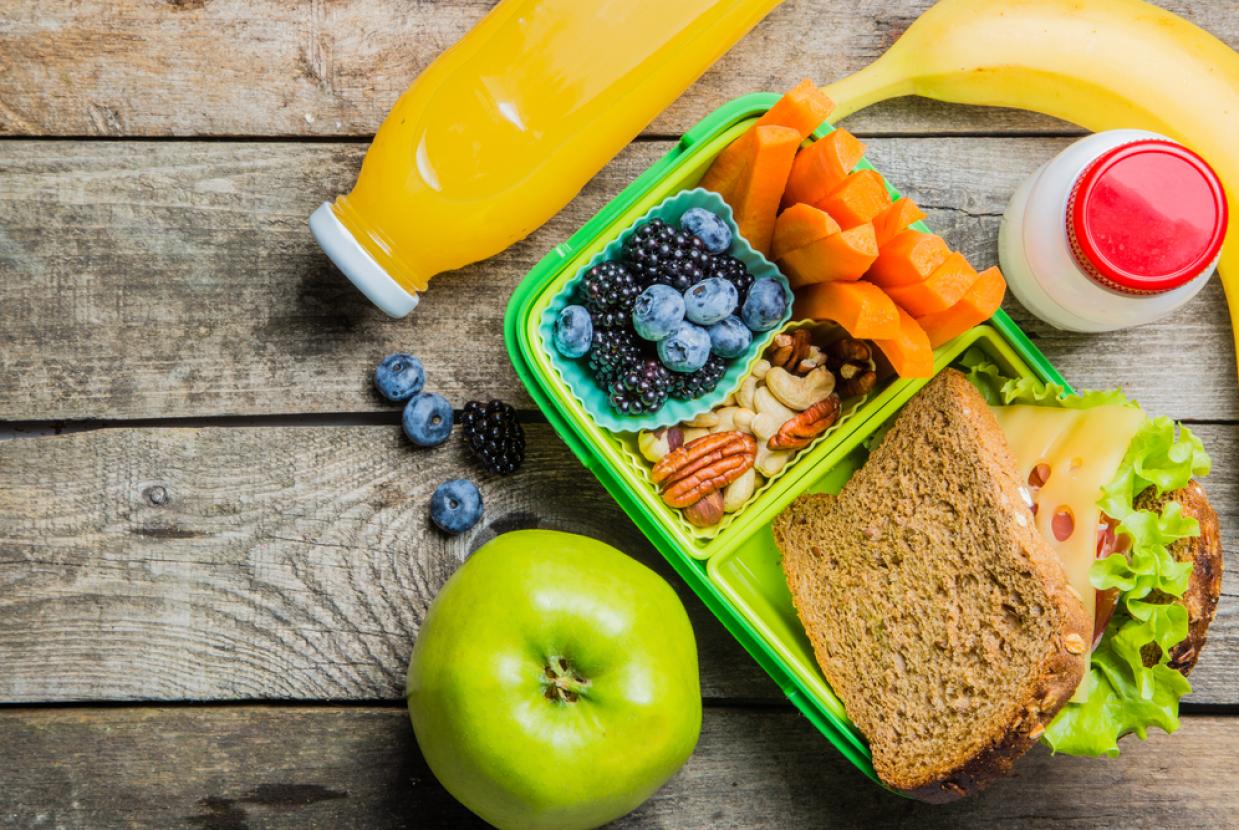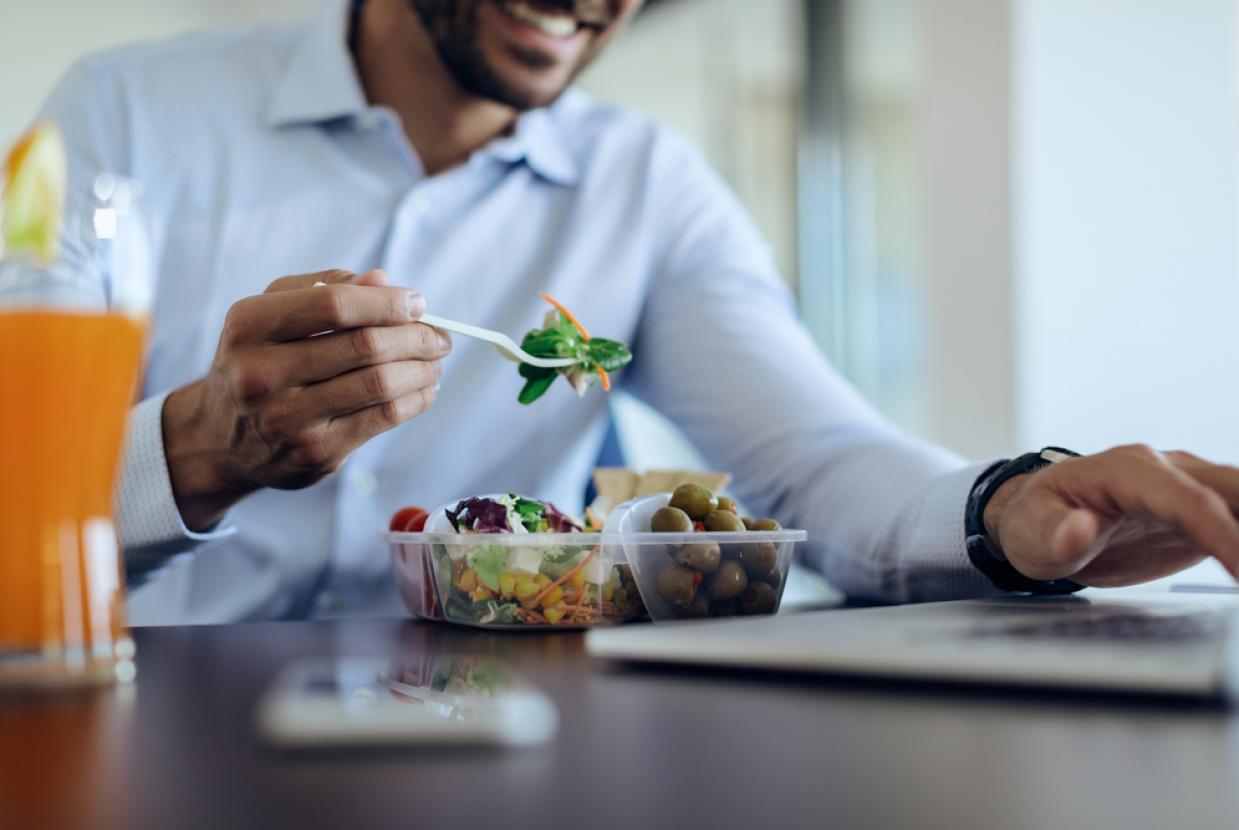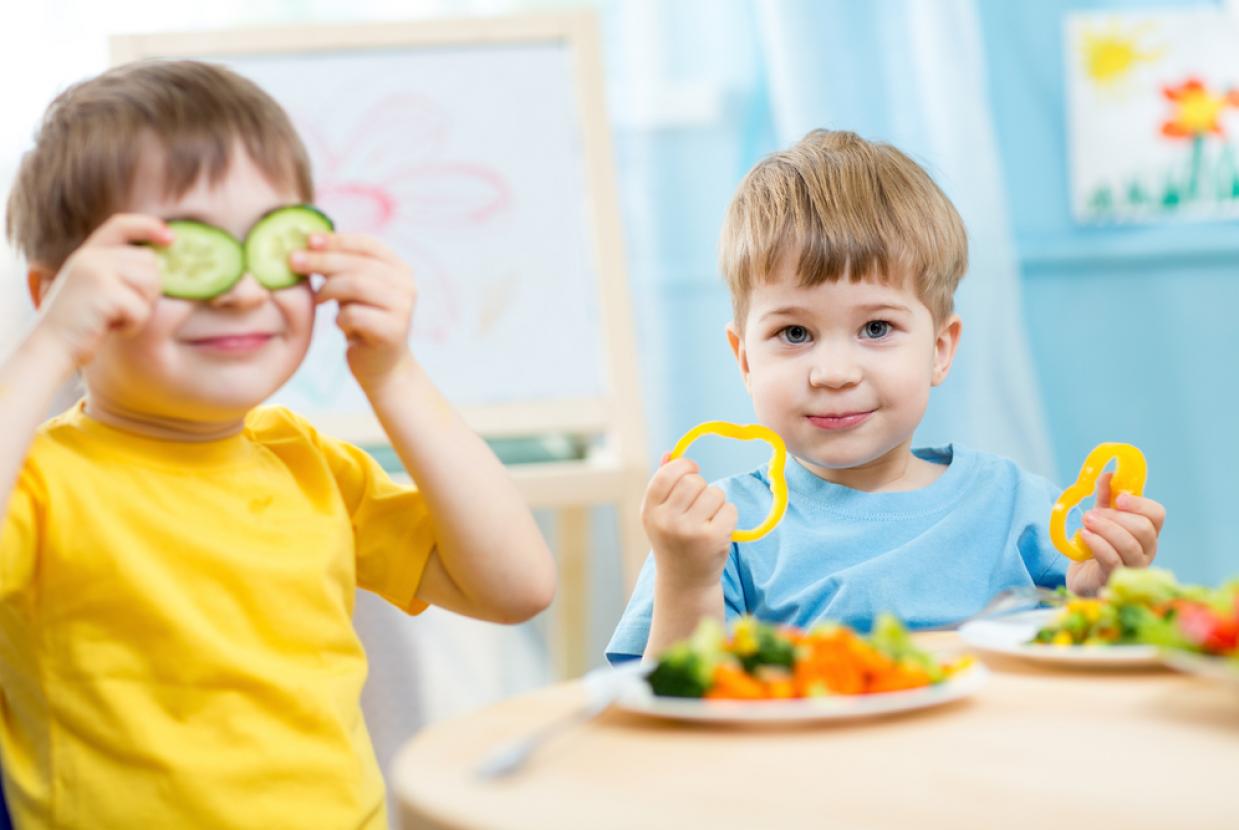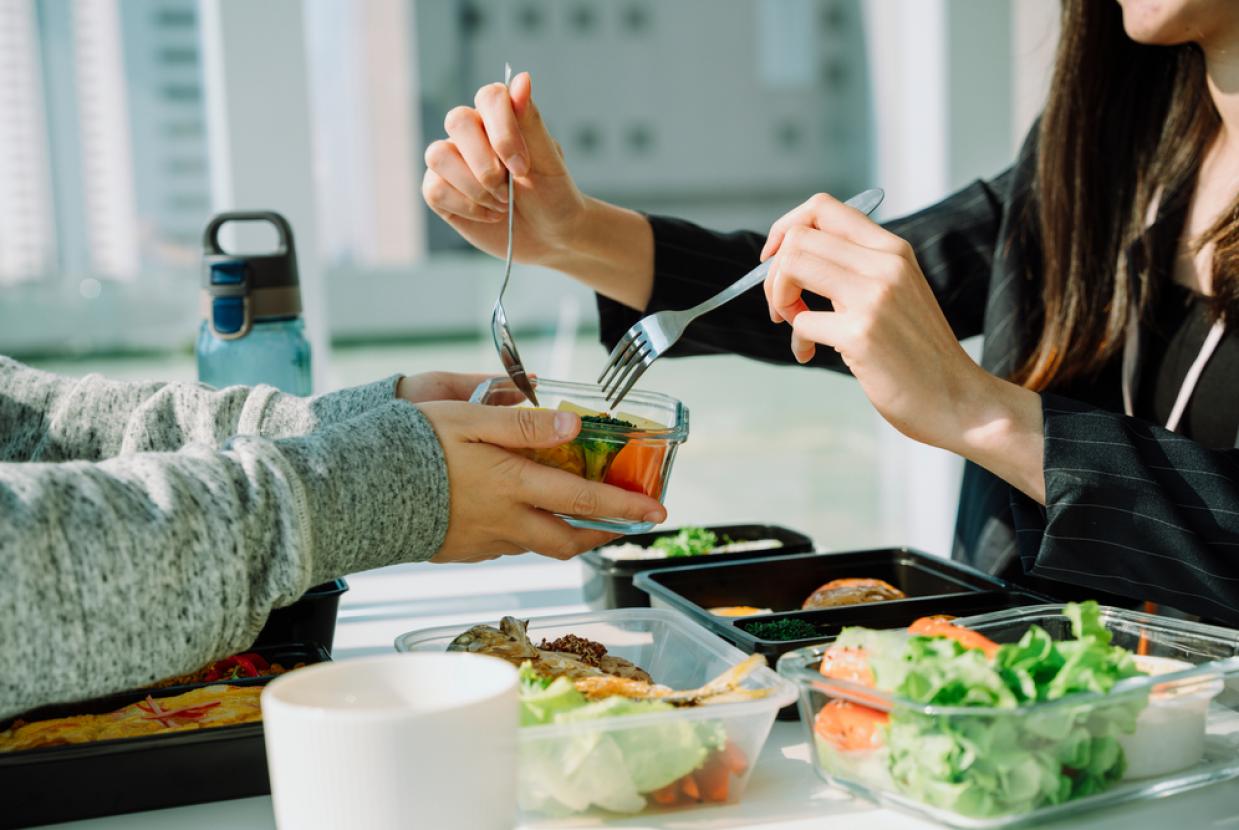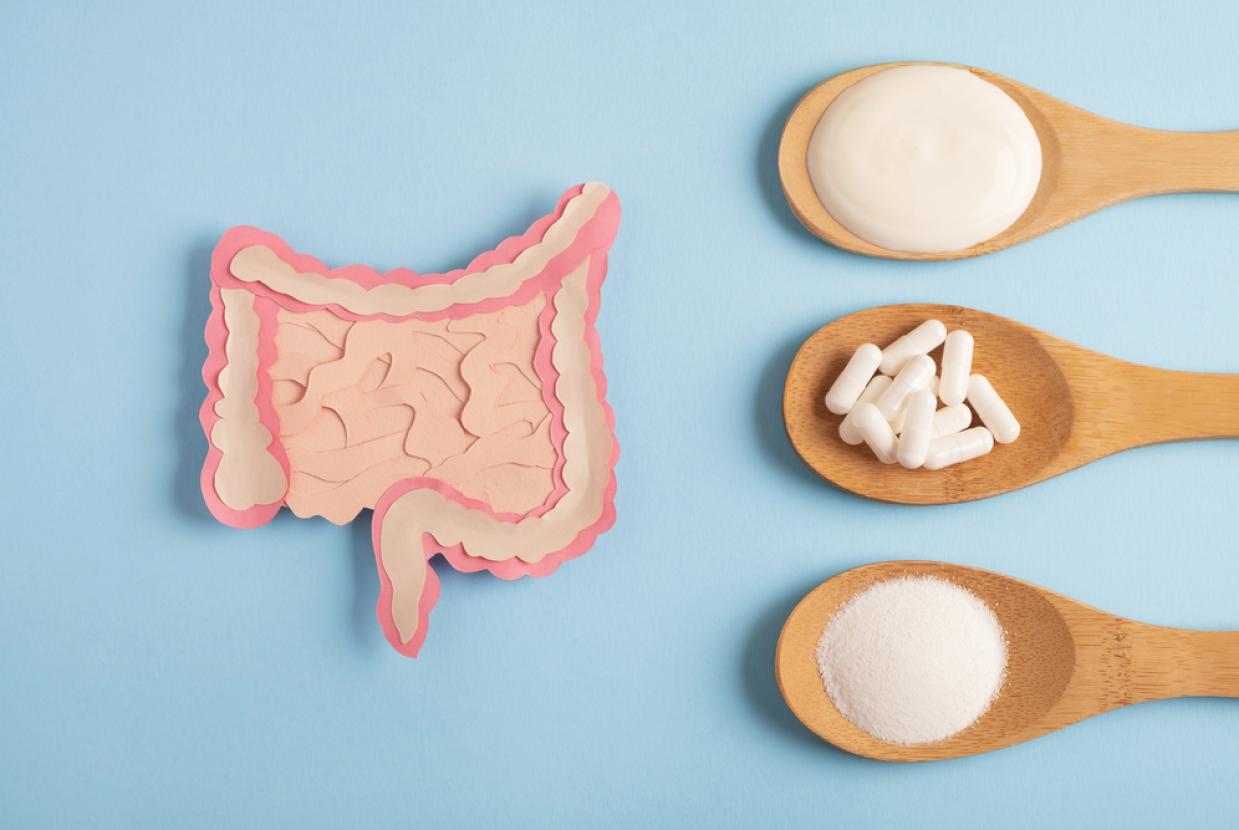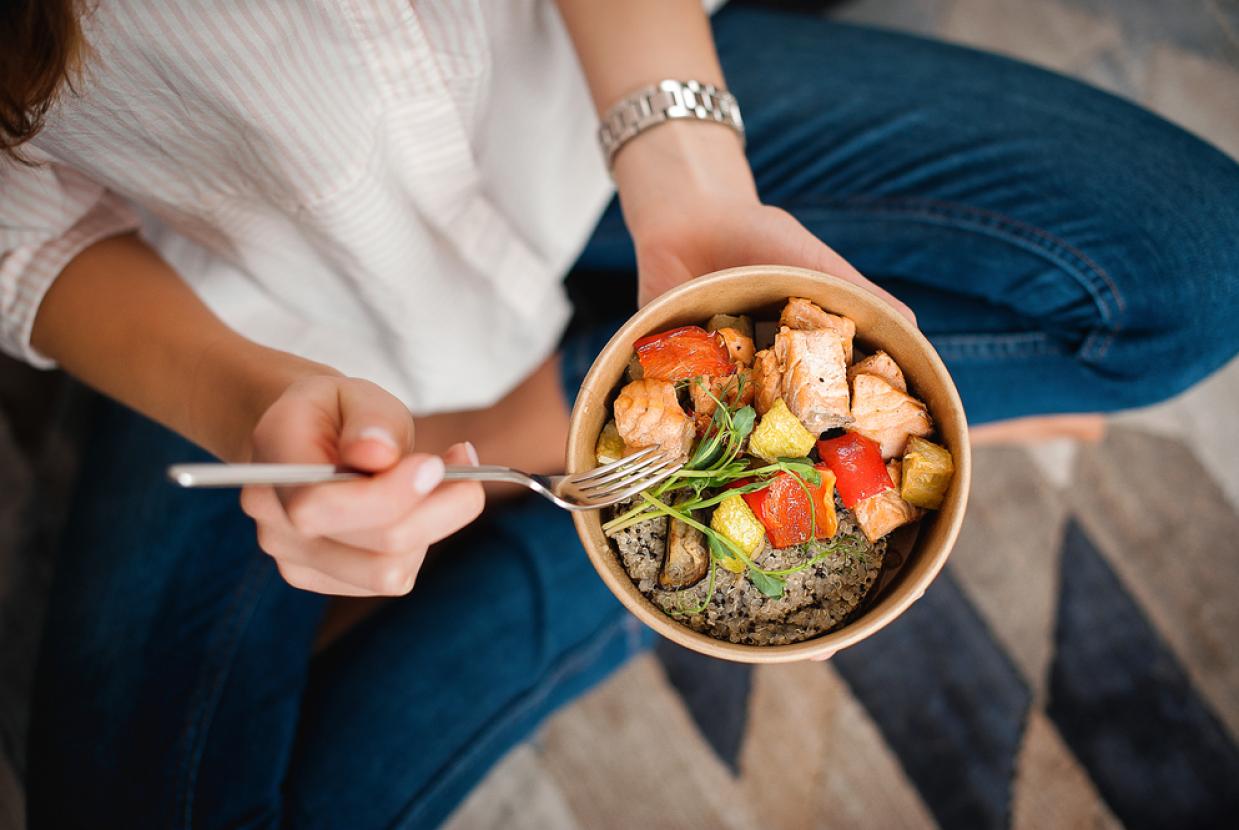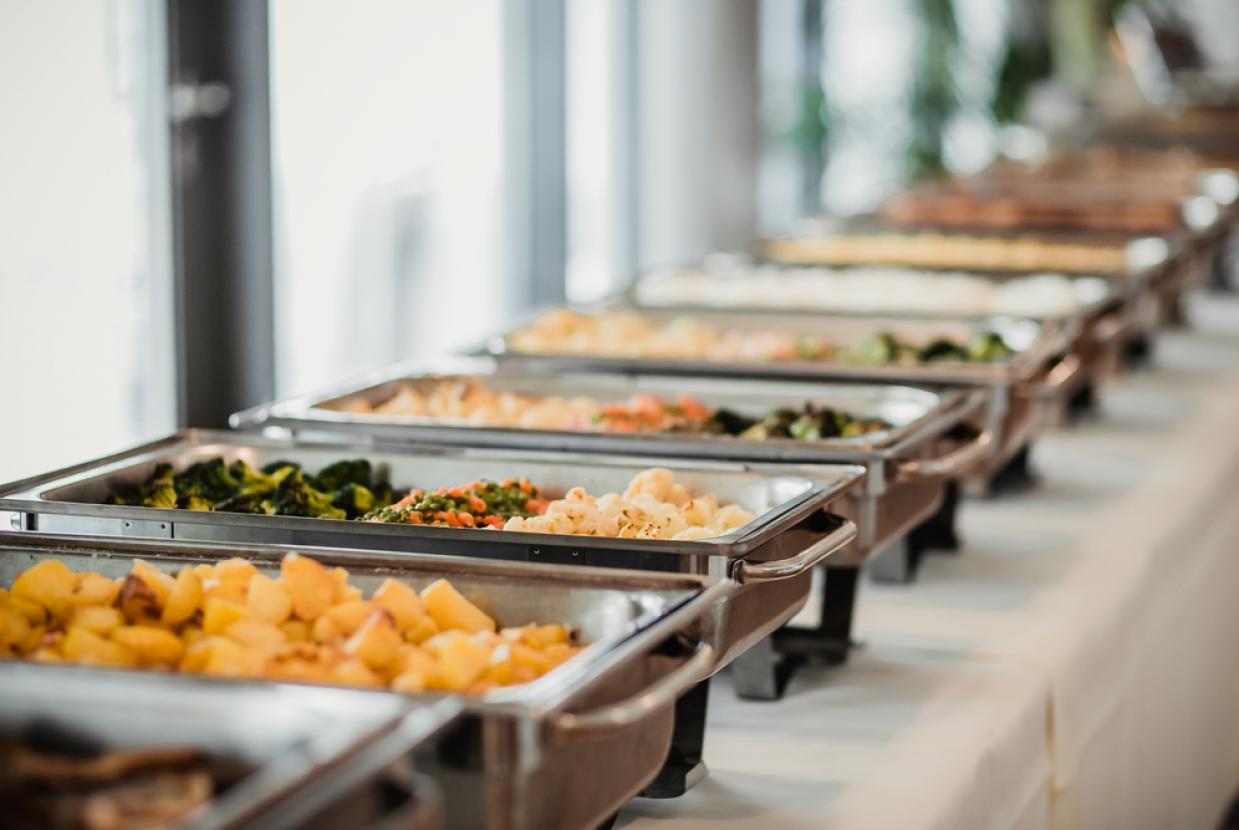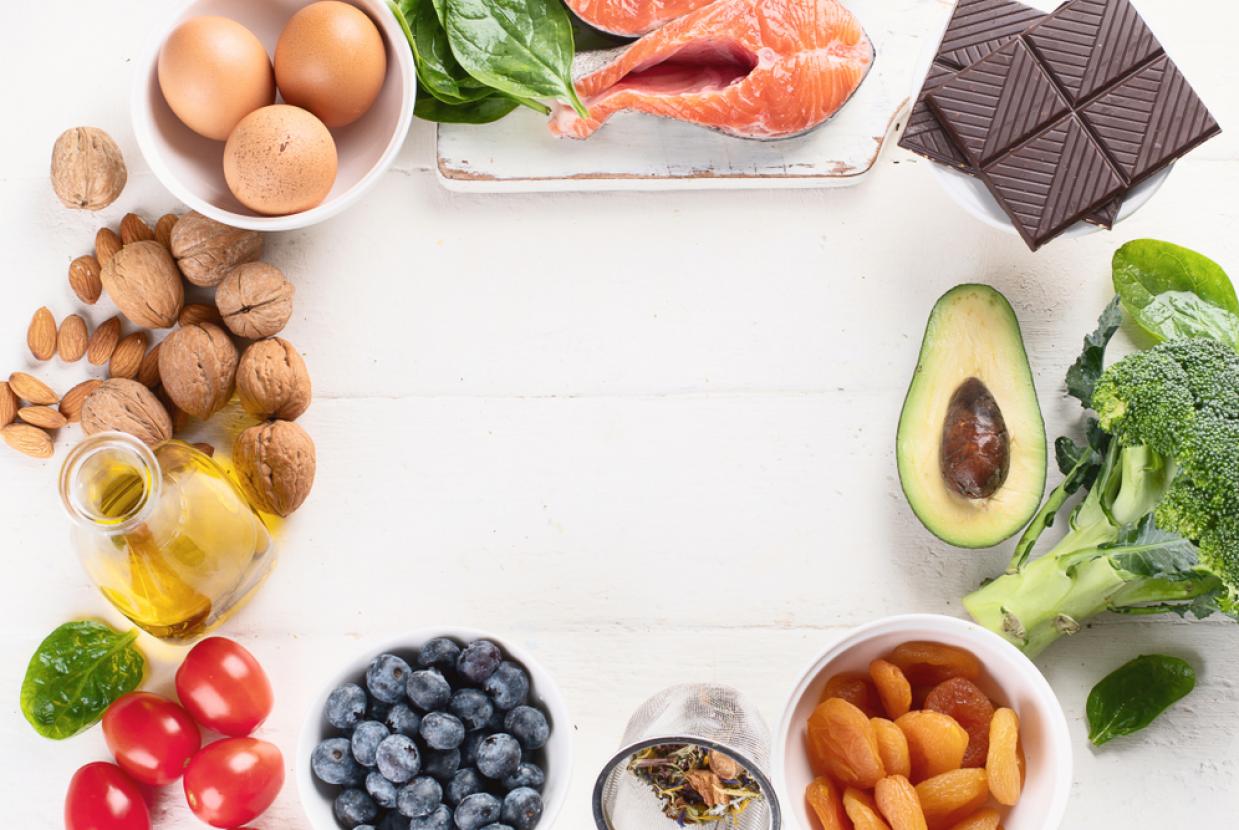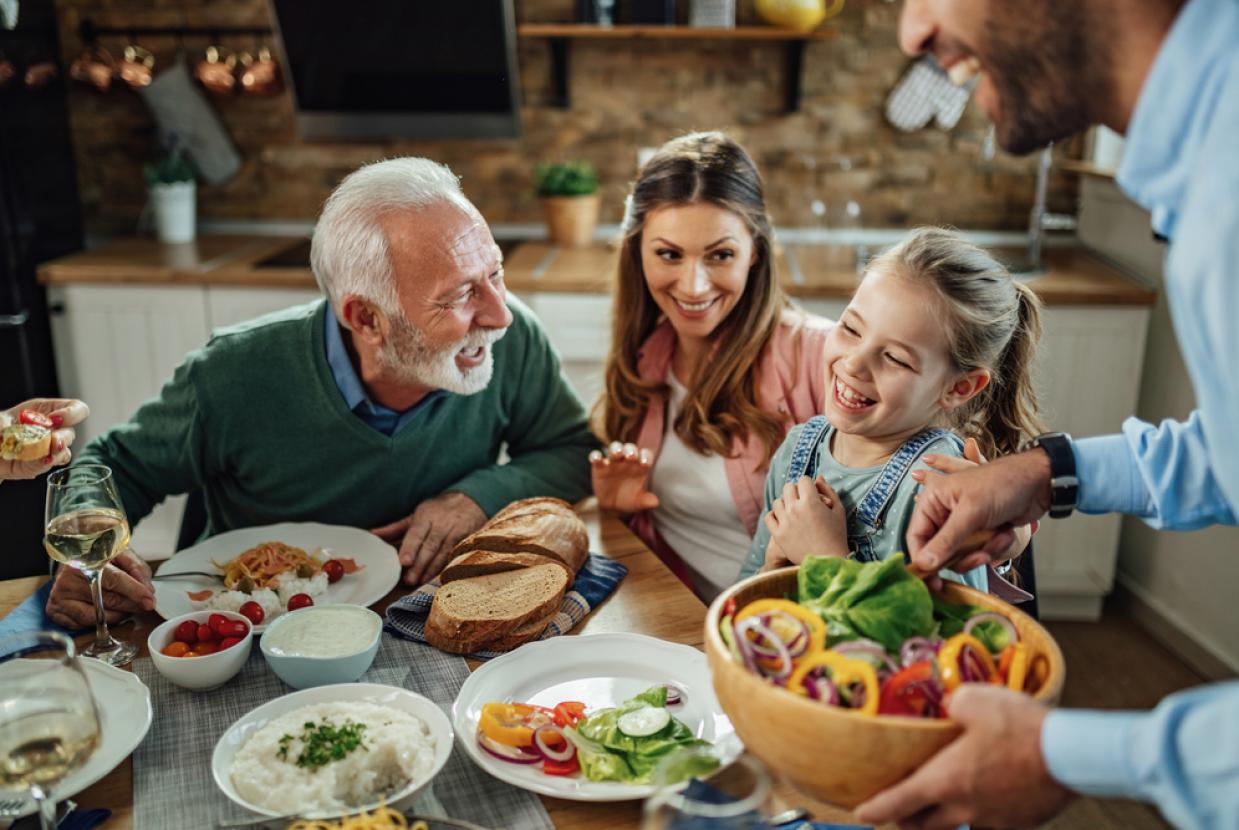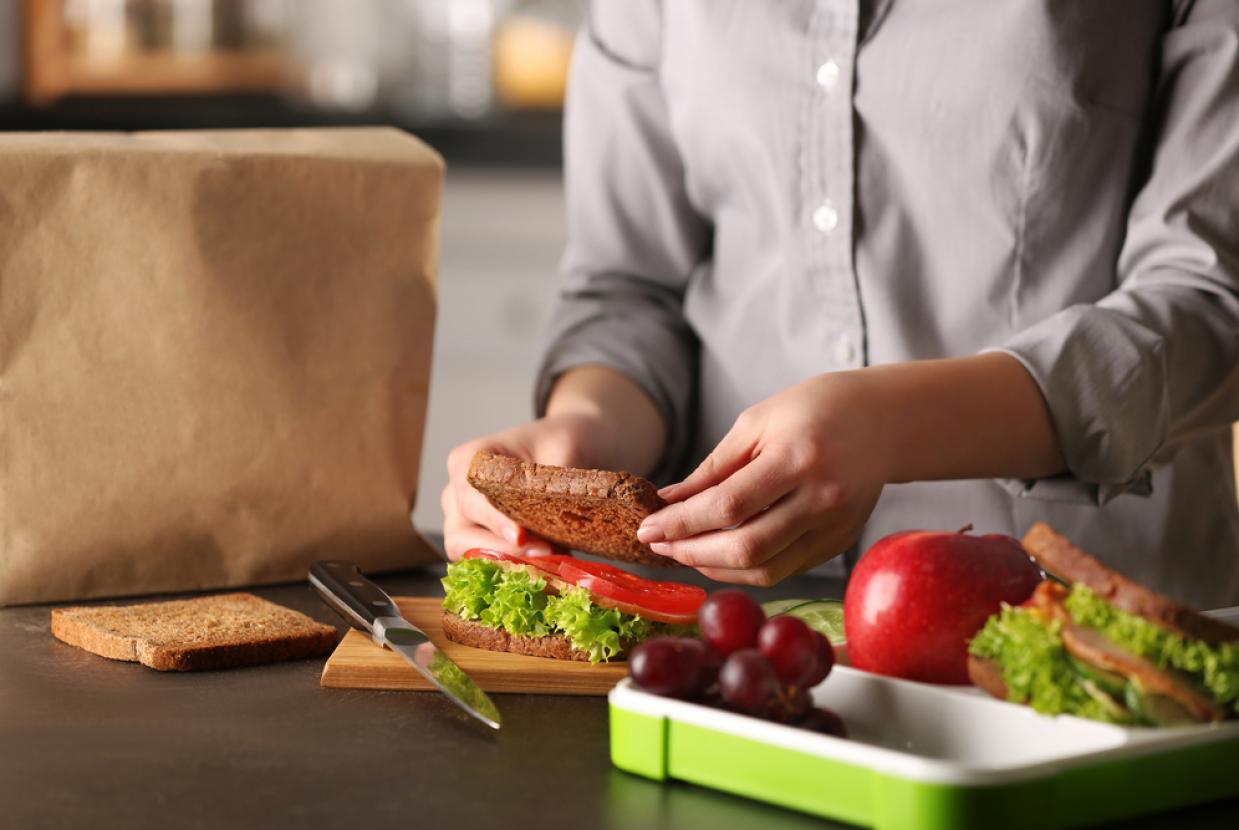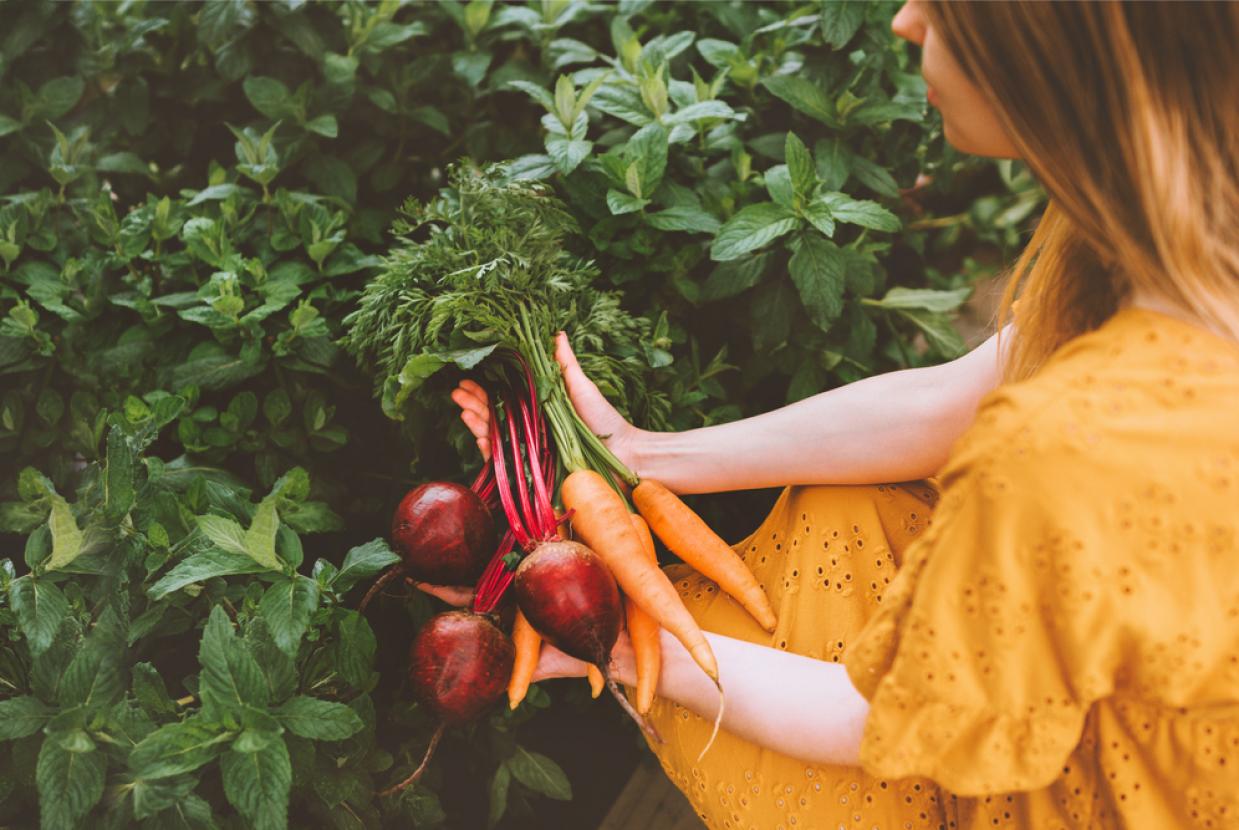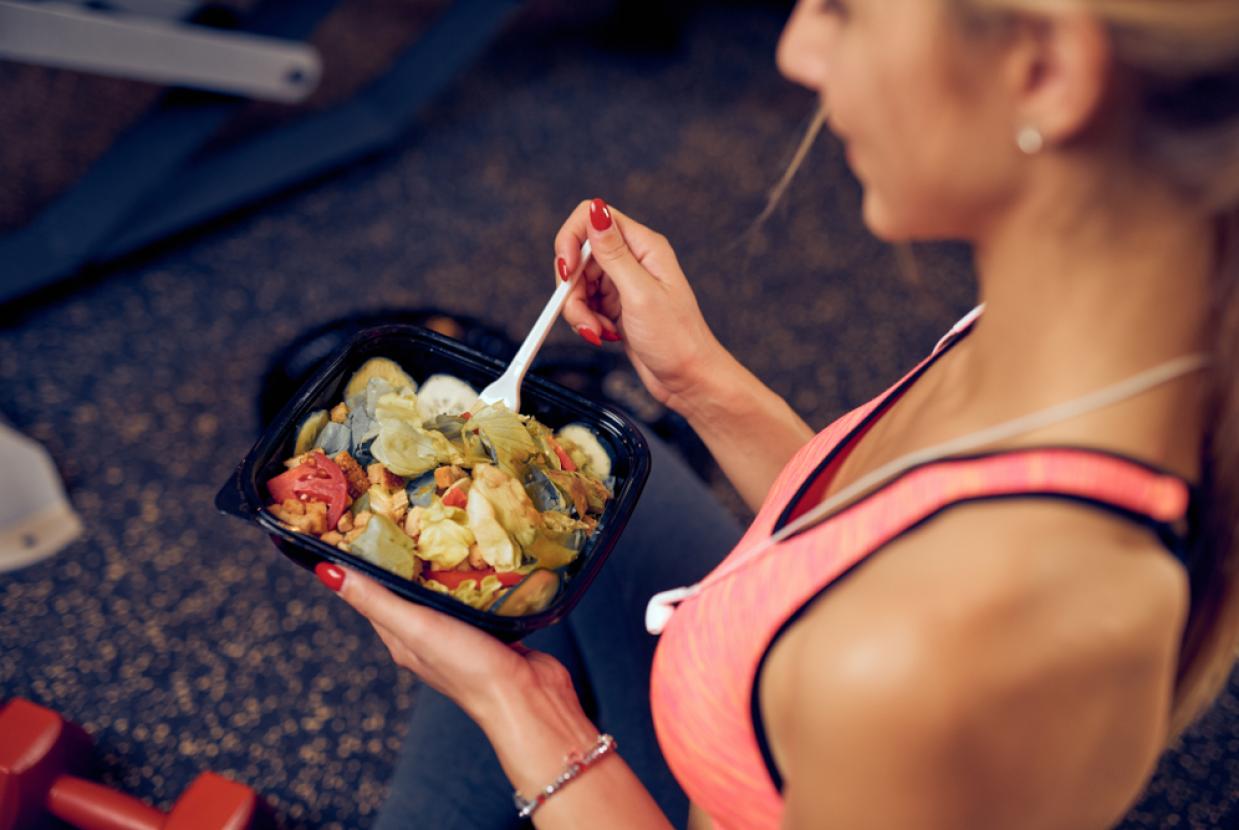Let's Go Easy On The Treats
Healthy Diet / Family HealthWe live in a world where making healthy decisions around food is really challenging. Limiting how much treat foods our children eat is particularly difficult. Now, about a fifth of the calories that children eat come from treat foods.
Treat foods are foods that are high in sugar, fat and salt. Crisps, biscuits, chocolate and sweets provide little in the way of nutrition so we should only eat them occasionally and in small amounts. When our kids fill up on treats, they don't have room for more nourishing foods.
An unhealthy diet will affect our children’s health, from dental problems in the short-term, to serious health issues when they are older. Now is a good time to work on building habits that will benefit your children for a life time. Here are our tips to help you give treats in smaller amounts and less often.
1. Look around – treats are everywhere
At first, just observe. Take a day or two to become more aware of when and where you and your children see treats each day. Do your kids ask for treats in the supermarket or local shop? Do they want the treats they see on TV ads? Do your family, friends and neighbours give them treats?
Once you start becoming more aware, you might see that your children see and get more of them than you realised. We need to help our children understand that treats are just that – ‘treats’ – something special to be enjoyed occasionally.
2. Start with a plan - and stick with it
It all starts with a plan. Our health experts recommend that children should only eat treats in small amounts and not every day. For some families, this might mean only having treats at the weekend. For others who might be eating treats every day, that could be aiming for a treat-free day or not having treats after school. Aim to set a goal of reducing treats that is realistic for you.
You could also think about why your kids eat more treats than you might want them to. Do they ask for them? Does someone else give them? Are you using treats to reward good behaviours or prevent bad ones? Where are they eating these treats? Thinking about these questions might help you to understand some of the triggers.
Once you’ve set a goal, you’ll need to work with your family to agree this. Everybody has to be in this together if it’s going to work.
3. Helping you when you need to say “No” to treats
There are going to be lots of different times when you might need help with saying “No” to treats. And each time might need a different response. The word 'No' is tough to hear at any age, but as Colman Nocter reminds us, being a parent often involves giving a child what they need rather than what they want.
If your child is hungry and asks for a treat, you can offer them a healthy snack. Here are lots of healthy snack ideas.
4. Looking for help? We’ve got your back
When you’re trying to cut down on treats, you’re probably going to need some help. Let’s be honest, parents aren’t the only ones who give children treats. So speak to your family, friends and neighbours. Join our Make A Start Facebook Group where we discuss supports and advice around reducing treats and other healthy habits.
5. Out of sight out of mind - avoid triggers
Since treats are all around us, the next step is to try and change that. The two key places that we can control are at the shops and in our own homes. If possible, leave treats out of the weekly food shop. If you are in the supermarket, try to stay out of the treats aisles and away from temptation. Avoid the special offers on treats - if you really don’t want them or need them, they’re not a bargain.
Let’s face it – most of us have a 'treats press', so for younger kids, try to make sure it's out of reach and that they’re not allowed to take things from it freely. On a positive note, you can leave healthier foods in easy reach, like a fruit bowl on your counter. That way, children are tempted by these when they’re hungry.
6. You can do this!
If you set a realistic goal, then you know you can do this. Keep telling yourself that you can. Think about those days that went well and how you managed them. If you do have a bad day, just park it, move on and remember the good ones.
7. Give real treats, not treat foods
Sometimes, we want to give our children treats and make them feel special. And it’s important that we continue to do that. But we’re relying more and more on food treats and need to think about some healthier options. Many kids really just want a bit more of your time and attention.
Alternative treats could be a trip to your favourite place – the park, the woods, a playground, a beach or library. Whatever is near where you live and brings some enjoyment to you all. You could play a game with them, indoors or outside. And for those little ones at home, even a hug and kiss can sometimes be the thing to boost everyone’s spirits.
8. Keep an eye on how you are doing
Changing how many treats your children have will take time. On average, it takes about two months to change a habit, or start a new one. It can really help if you take a few minutes each week to think about how you are doing.
If things haven’t gone so well, ask yourself a few questions. Are there still places or times when treats are a particular challenge? Do you need to talk to family and friends for more support?
9. Celebrate success
When you achieve your goal, no matter how big or small, take a moment to appreciate what you have achieved. Reducing the amount of treats your children have is a real challenge and you deserve to feel like a hero. Your efforts are helping to set them up for a healthier life both now and the rest of their lives.



